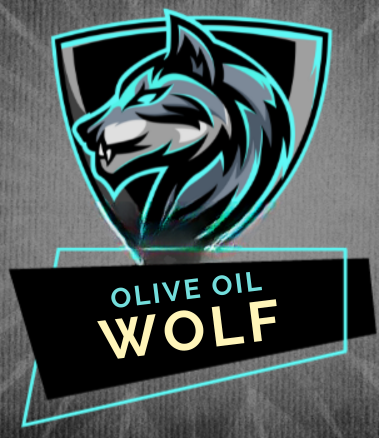Extra virgin olive oil (EVOO) certifications play a crucial role in ensuring the quality and authenticity of the oil. When you see certain certifications on a bottle of extra virgin olive oil, it indicates that the oil has passed specific quality standards.
1. Extra Virgin Olive Oil (EVOO):
- What it Means: EVOO is the highest quality and most unprocessed form of olive oil. It is made solely by mechanical means, without the use of any solvents or refining methods. It has a superior taste and higher nutritional content compared to other types of olive oil.
- Certifications: EVOO itself is a quality standard; however, there are several certifications and standards associated with it to ensure its quality.
2. International Olive Council (IOC) Certification:
- What it Means: The IOC is an intergovernmental organization that sets international standards for olive oil. Olive oils with the IOC certification meet the organization’s strict quality and purity standards.
- Certifications: Look for labels indicating compliance with IOC standards. This certification ensures the oil is genuine and meets global quality benchmarks.
3. Protected Designation of Origin (PDO) and Protected Geographical Indication (PGI):
- What it Means: These certifications ensure that the olives used to make the oil come from a specific region, and the oil is produced using traditional methods unique to that area. PDO indicates a specific region, while PGI signifies a broader geographical area.
- Certifications: For example, “PDO Kalamata” means the olives are from the Kalamata region in Greece, ensuring a distinct flavor profile and quality consistent with that region.
4. USDA Organic Certification:
- What it Means: Olive oils with USDA Organic certification are produced without the use of synthetic pesticides, genetically modified organisms (GMOs), or chemical fertilizers. This certification guarantees the oil is made from olives grown using organic farming practices.
- Certifications: Look for the USDA Organic logo on the bottle. This certification is essential for those seeking organic and chemical-free products.
5. Cold Pressed:
- What it Means: Cold pressing refers to the process of extracting oil from the first pressing of olives, without added heat or chemicals, which preserves the oil’s natural flavors and nutritional qualities.
- Certifications: While not a formal certification, the term “cold pressed” on the label indicates the oil was produced using this method.
6. Harvest Date:
- What it Means: Some high-quality EVOOs provide the harvest date on the label. This information tells you when the olives were harvested and when the oil was produced. Fresher oil generally has a more robust flavor and higher nutritional value. Optimally, the harvest date should be no more than one year, however, up to two years is acceptable within the industry.
- Certifications: Not a formal certification, but a transparent indication provided by reputable producers.
7. Tasting Panel Certification:
- What it Means: Some EVOOs are certified by trained tasting panels. These panels assess the oil’s sensory characteristics, including taste, aroma, and mouthfeel, ensuring it meets specific quality standards.
- Certifications: Look for seals or labels indicating approval by a certified tasting panel. This certification guarantees the oil’s taste and quality have been evaluated by experts.
Certifications on extra virgin olive oil bottles provide valuable information about the oil’s quality, origin, and production methods. Whether you’re looking for organic, regional, or internationally recognized standards, these certifications help you make an informed choice when selecting high-quality EVOO for your culinary needs.
Always check the labels and certifications to ensure you are getting genuine, high-quality extra virgin olive oil for the best taste and health benefits.

